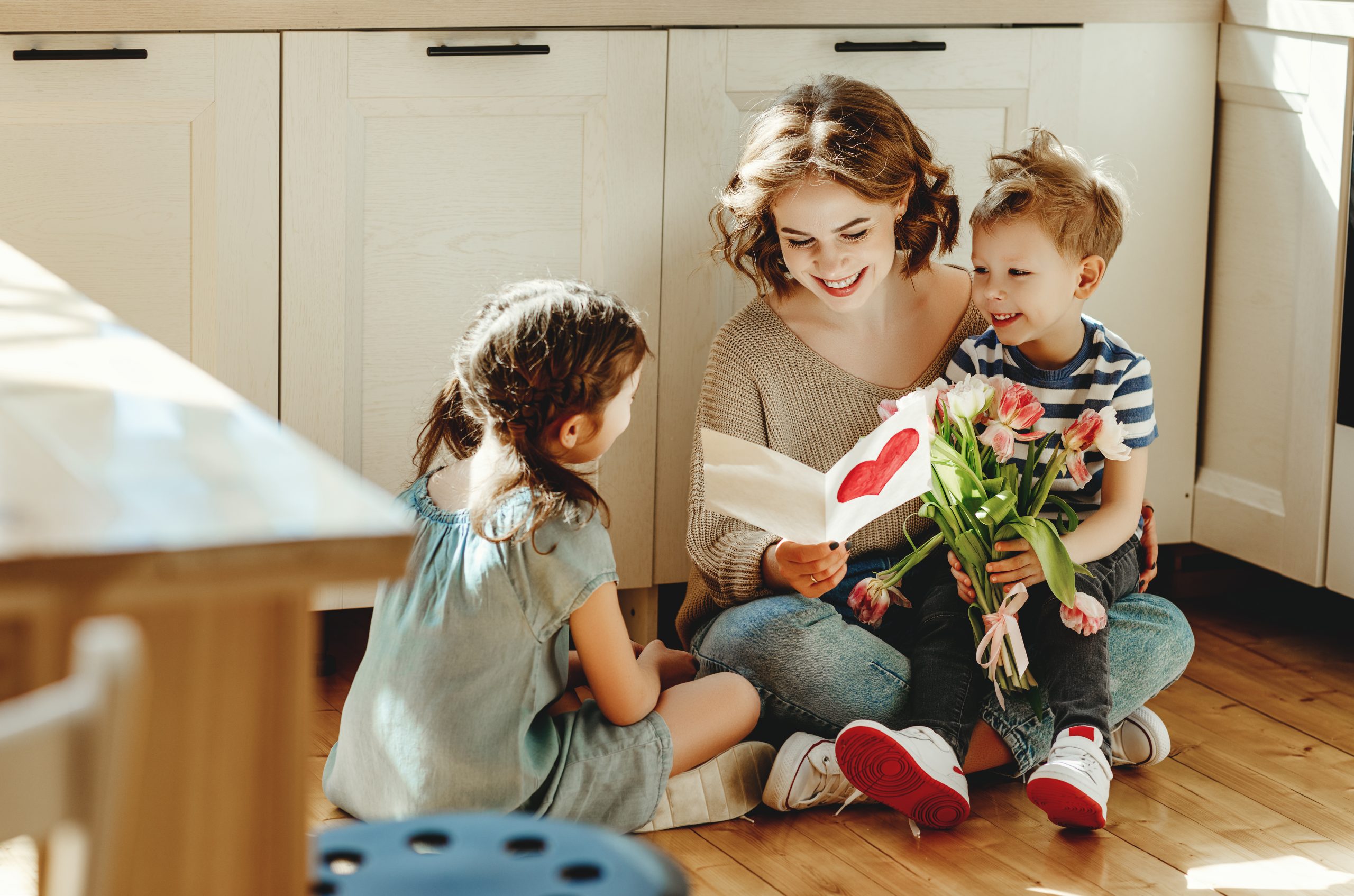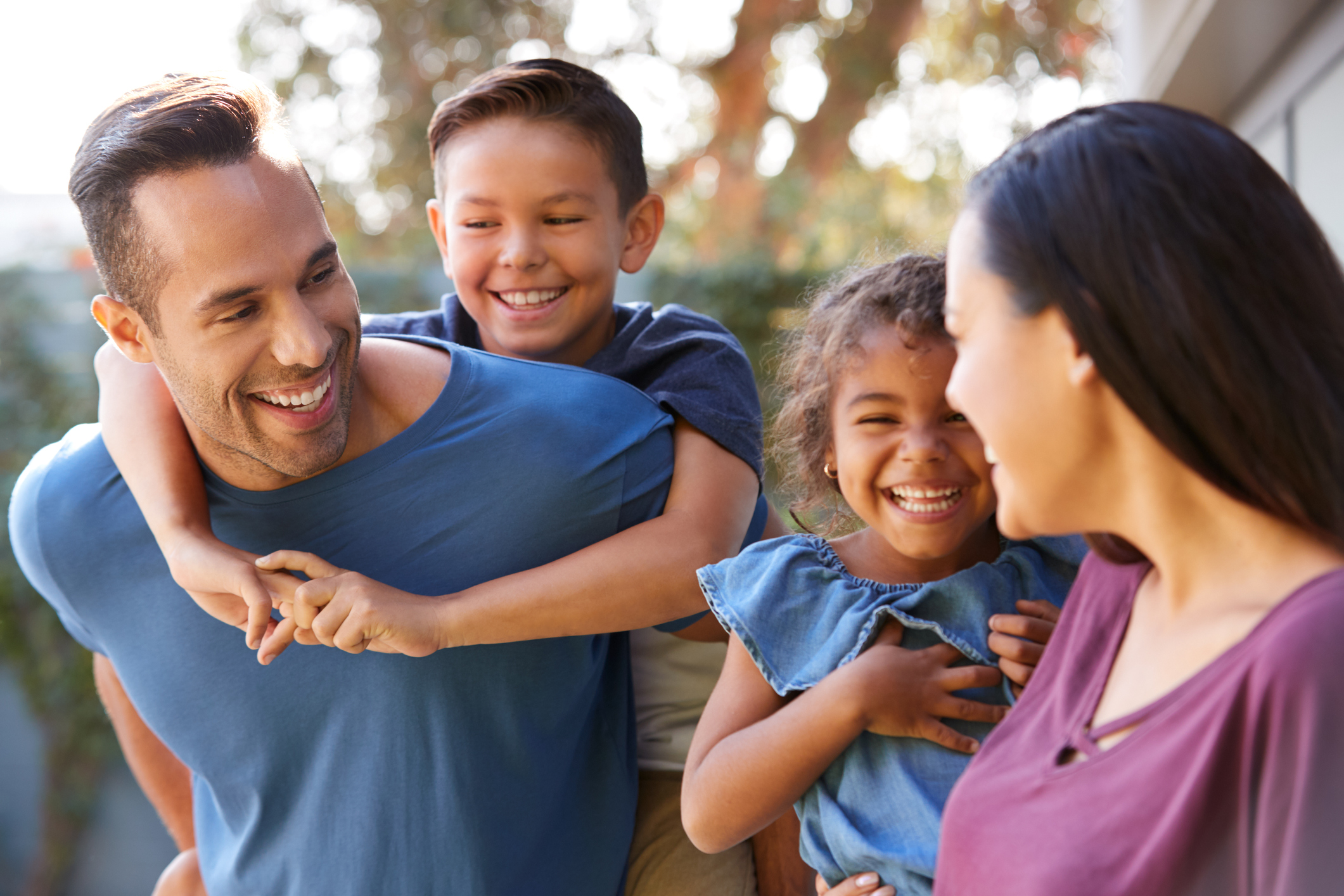
During my first year of youth ministry, my husband and I had siblings that were also teenagers. My youngest sister would tell you that my role in her life was more similar to one of a parent than it was a sister.
Sometimes, my sister felt like my own child, someone I did my best to look after. So, when she made a choice that would drastically change the landscape of her future, I felt responsible. I felt like I hadn’t done enough to help her navigate toward making a better choice. I felt guilty for pouring my life into a youth group, while she was struggling through adolescent decisions.
She also felt guilty. I’m not sharing anything she wouldn’t share with you herself. She would tell you that she felt guilty and very much alone. In the tension of those two feelings she made decisions that she may not have made under different circumstances. But she made them.
During her sophomore year of high school she made a choice that changed everything. There was nothing I, nor anyone else, could do. (Or, so I initially thought.)
Months later, after my little sister gave birth to pre-mature twins, we saw her brokenness unraveled. But even more than that, we saw the power of loving someone as they are learning a life lesson. We saw the difference it can make in a person when you choose to remain deeply involved even after a choice changes everything.
Helpless sadness is a normal parental feeling I’ve observed while spending time with hundreds of parents who’ve shared their stories with me. They begin to feel hopeless and afraid when they realize their teenage children are becoming more autonomous.
So now, as a youth leader, my desire is to empower parents to know how they can help their kids when they start making difficult life choices.
Because it’s during those times, while feeling helpless, that we have a divine opportunity to teach and to love compassionately.
How do you teach good decision making while simultaneously loving them through decisions they wish they wouldn’t have made?
Courtney may have made a decision that led her down a tough path. But loving her through it and riding out the consequences with her says more than an “I told you so” ever will.
Here are a few things that I recommend parents do to help their kids make decisions, deal with guilt, and move on toward healing when a decision hurts and has difficult consequences.
1. Give them a truth.
The kids in your life should know that they are created in God’s image, loved, always. If you get to choose when the song of your life get’s stuck on repeat, choose this verse:
You are loved. Valuable. Created in God’s image.
This means they are precious, regardless the circumstance, worth the investment of God’s love and ours.
2. Give them a way out.
Give your kids a plan before they need a plan. Imagine getting dropped off at a movie theater, and the friends you thought were coming aren’t coming and you’re stuck in a situation that makes you feel like it could be compromising or unsafe. Give them a plan before that happens by talking about “what would you do” scenarios on the car or at home. One parent I know has a “no questions asked” promise in place with their eighth grader. If they feel unsafe or need to get out of a situation that seems like it could be leading down a path they don’t want to go, they can text “I need a ride home” to their mom or dad—knowing that they don’t have to tell on their friends or talk about what happened right away. They can rest in the knowledge that there’s someone safe who will help them regardless.
3. Give them a tool.
Some decisions happen quickly, and there isn’t time to feel guilty or to realize something is wrong until after it’s already happened. But most of the time, we have time on our side. Teach kids to wait out a decision, to give it a day or two. Try it with small purchasing decisions first. Waiting to buy something is a good way to help kids think about what they really want and why they want it. It’s the same with other decisions. Encourage your kids to not make a decision with friends in the moment. They can say things like “that sounds really fun. I’m going to think about it and get back to you.” Having a night to think about the decision, it’s consequences ,and benefits teaches kids that they’re opinions and values matter in the process. And it also helps relieve anxiety around issues that they feel pressured on.
4. Give them a promise.
Keep this always on your lips: “No matter what happens, we love you.” Make a promise that your house is the safest place to mess up. Messing up is something all of us do, and when you mess up, we are here for you. The hope in this sort of love is that messing up becomes a less shameful learning process. Kids learn that guilt can be a good thing, it can reveal our values and hopes, and can steer us to a better decision.
I love my sister. Nothing can change that.
You love the kids in your house, nothing can change that.
And God loves you. Nothing can change that.
Have you ever tried to comprehend the way the love of God remains with us? It makes no sense that God would love us so much or that Jesus would be the friend of sinners. It makes no sense, but it is grace that God gives to those God created, grace God gives to you and to your kids, too.
May we all be a bit more brave as we teach kids how to make a choice, recover from a choice, and keep going in the unchanging presence of grace.




